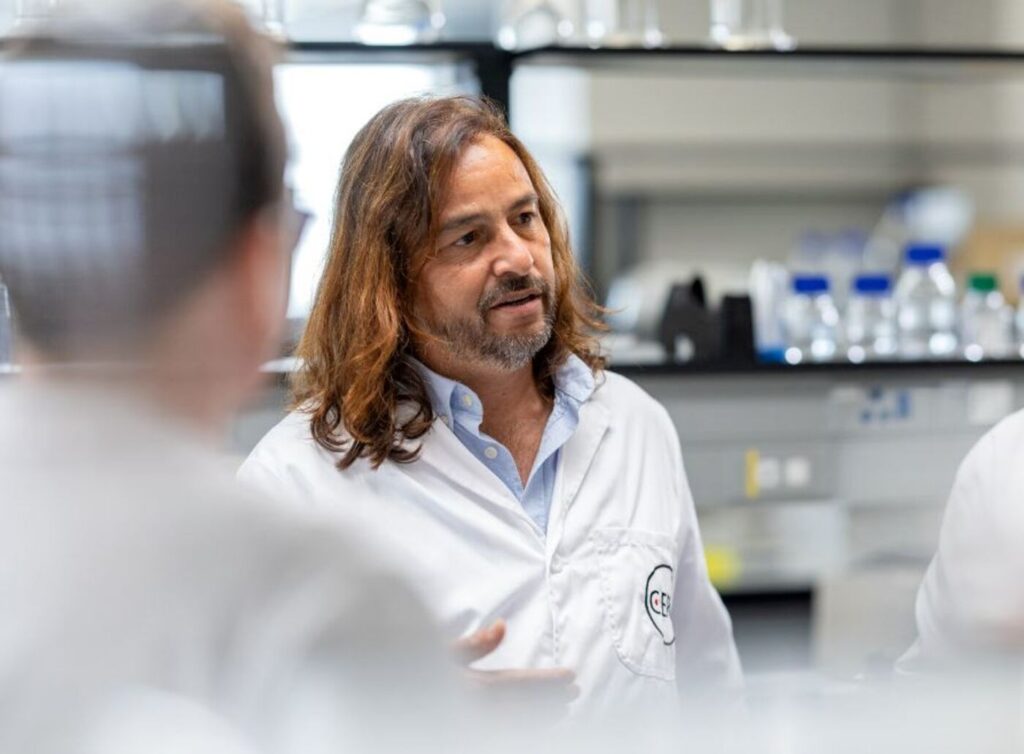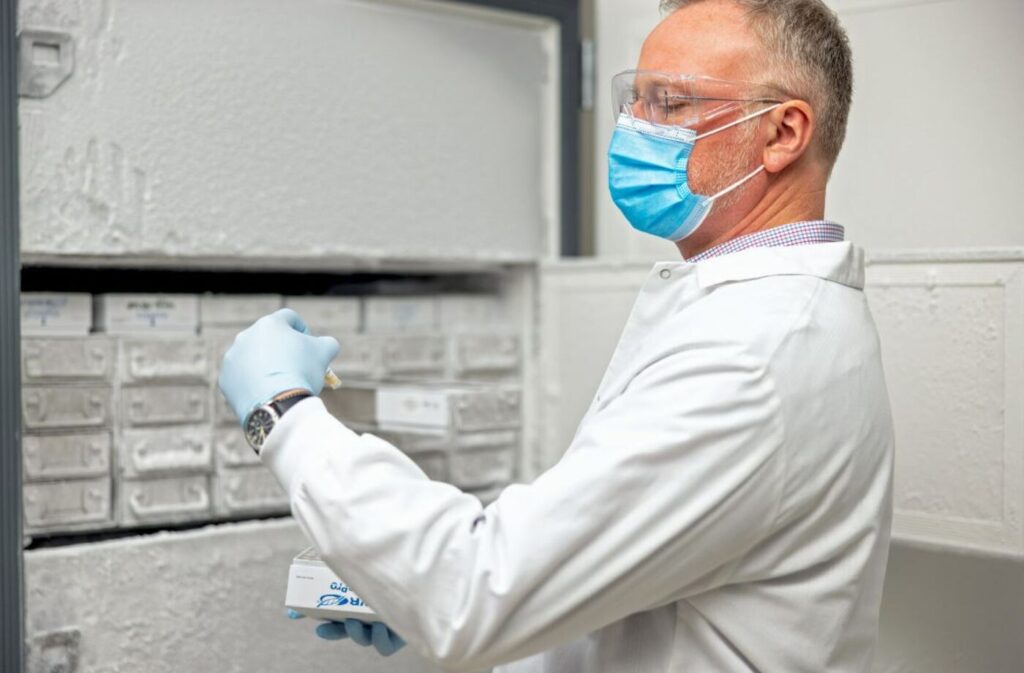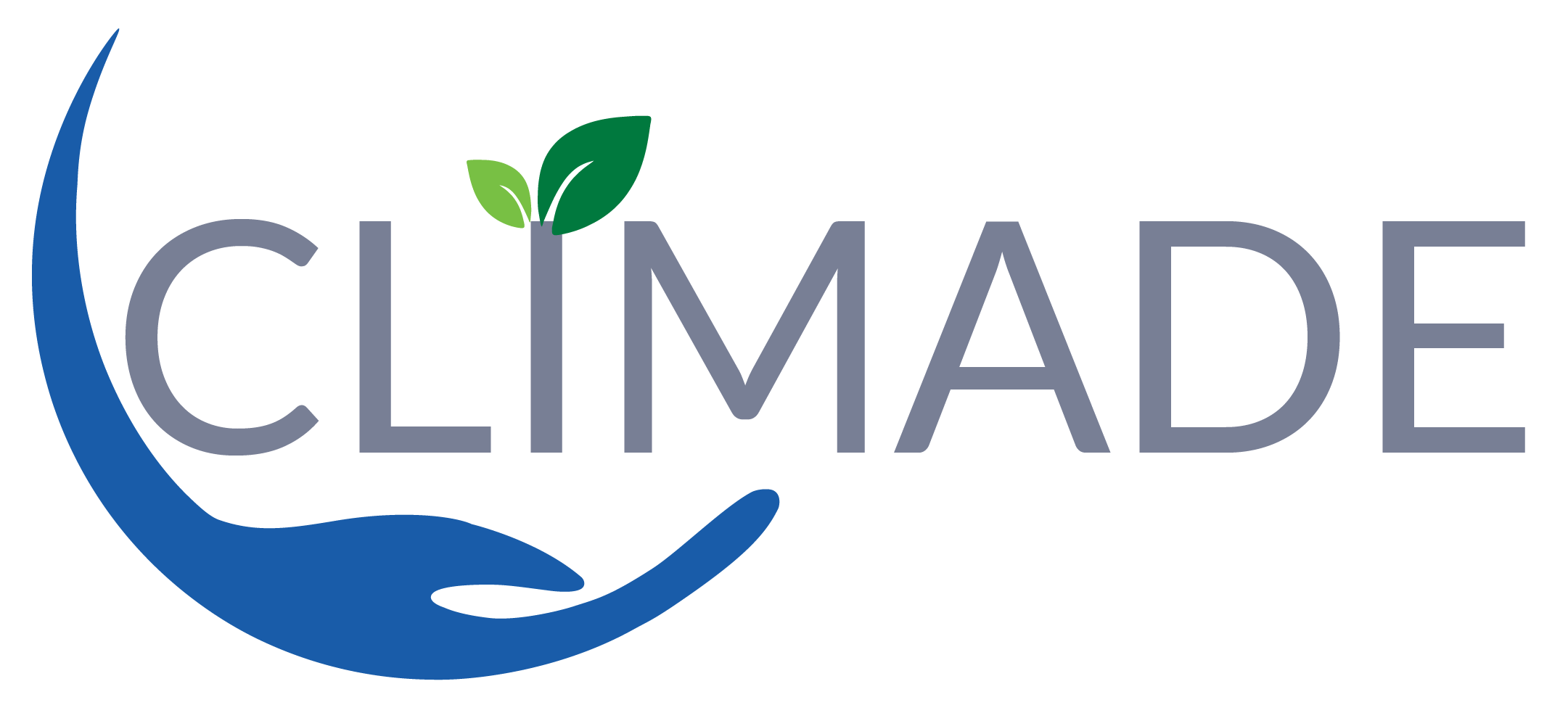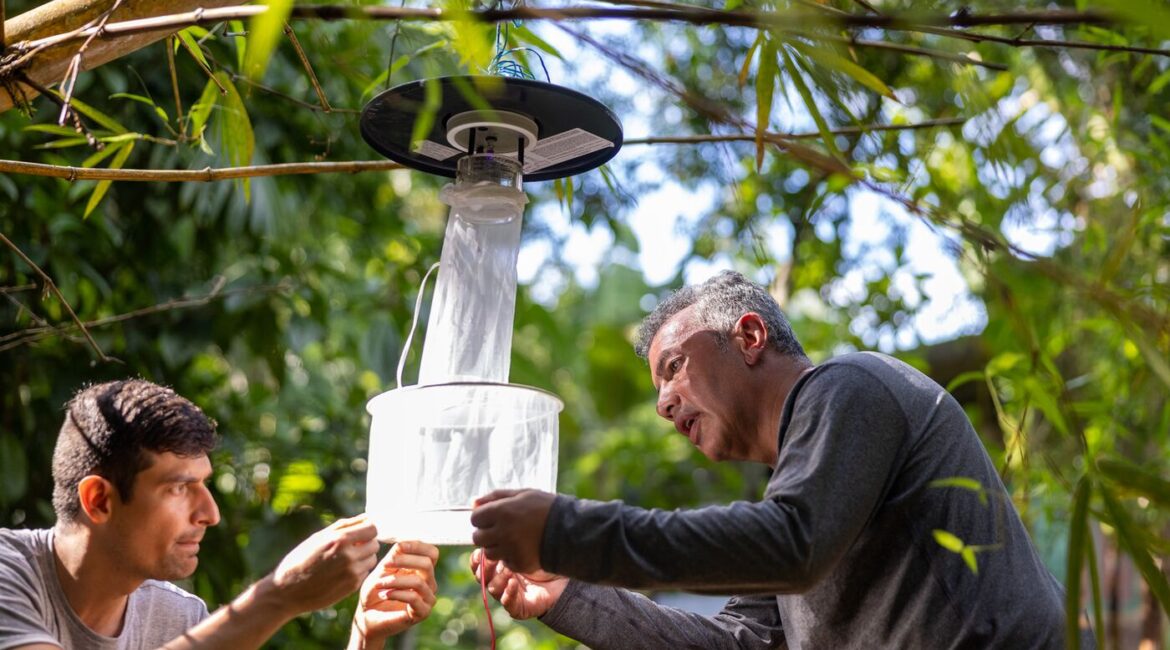A new coalition, CLIMADE, brings together some of the biggest names in public health to address climate-amplified diseases in Africa and Latin America.
Virus hunters from the Abbott Pandemic Defense Coalition examine net full of mosquitoes in Colombia in an effort to better understand what’s causing a mysterious disease. Photographer: Abbott Laboratories
By Riley Griffin. 20 April 2023, 14:30 GMT
As extreme weather events and warming temperatures threaten to create new and deadly pathogens, some of the biggest names in public health have joined forces to launch a new consortium, known as CLIMADE, aimed at thwarting climate-amplified diseases and epidemics.
Led by the South Africa-based Centre for Epidemic Response and Innovation (CERI), Brazil’s Fundação Oswaldo and the University of Sydney, CLIMADE has drawn more than 100 scientists and secured nearly $10 million in funding from the World Bank, European Commission, Africa CDC, US National Institutes of Health, Abbott Laboratories, among others, to predict, track and mitigate the impact of diseases supercharged by climate change.
Fires, floods, droughts, rising sea levels and shifting migration patterns have increased the potency and transmissibility of viruses, bacteria and other pathogens of pandemic potential: 58% of all infectious diseases known to impact humans have been aggravated by climate, according to research published last August in the academic journal Nature Climate Change. The spread of unknown viruses — particularly those transmitted by water or animals carrying diseases — is increasing, too. The World Health Organization estimates that between 2030 and 2050, climate change will lead to 250,000 additional deaths each year. Virus hunters are now setting out for places impacted by climate change in hopes of preventing the next pandemic.
CLIMADE-backed scientists will analyze data on weather patterns, the environment and viral sequences to predict ripe conditions for a disease outbreak. Once a potential health threat is identified, the consortium will deploy surveillance tools and other resources to prevent the spread of that disease or track its evolution. CLIMADE will initially focus on places in Africa and Latin America disproportionately impacted by climate change, but intends to expand to other regions as it coalesces additional funding.
“If you have a big flood in California, you would want to know quickly whether that flood contaminated that river with a new bacteria—or if you have a fire that shifts the movement of wild animals, you want to know if they’re carrying diseases,” said Tulio de Oliveira, the director of CERI, who has spent his career bolstering Africa’s genomic sequencing capabilities and headed the team of researchers that first alerted WHO to the omicron variant. “We’re using climate data to guide where we sample and identify which pathogens to characterize.”

Tulio de Oliveira. Source: Abbott Laboratories
As CLIMADE discovers new pathogens and learns about climate-related changes to existing ones, it will make that data public, thereby allowing governments around the world to act on those insights. De Oliveira said he’s particularly concerned about how warmer temperatures are amplifying mosquito-borne diseases, such as West Nile virus, Zika virus and Chikungunya virus.
“We’re eager to support initiatives like CLIMADE that ensure capacities built and strengthened in response to the Covid-19 pandemic can be leveraged to combat climate-aggravated diseases,” said Manisha Bhinge, managing director of global health partnerships at the Rockefeller Foundation, which provided a $5 million grant to CERI for viral surveillance and pandemic prevention work.
Moritz Kraemer, an associate professor of computational and genomic epidemiology at the University of Oxford, said he’s concerned about the impact of warming on infectious disease. “In Europe we have been seeing increases in cases of dengue and other infectious diseases that are sensitive to climate factors,” he said.
De Oliveira dreamed up CLIMADE last fall during a meeting of virus hunters at Abbott’s headquarters in Chicago. The US medical technology and diagnostics behemoth had launched its own Pandemic Defense Coalition, bringing together public health organizations around the world to identify unknown viral threats, sequence them and then develop diagnostic tools to contain outbreaks. Abbott and much of its network have since joined CLIMADE, adding their names to a robust list of partners that include the Broad Institute, the Pan American Health Organization, the University of Oxford and Universidade de Lisboa, among others.
“We’re setting off the fire alarm and then bringing the fire truck,” said Gavin Cloherty, head of infectious disease research and the Pandemic Defense Coalition in Abbott’s diagnostics business, which will supply CLIMADE with equipment, instruments, data scientists and hundreds of thousands of dollars for viral sequencing. “I don’t know what has to happen for people to realize now is the time to address the impacts of climate change.”

Gavin Cloherty. Source: Abbott Laboratories
Link to original article:

